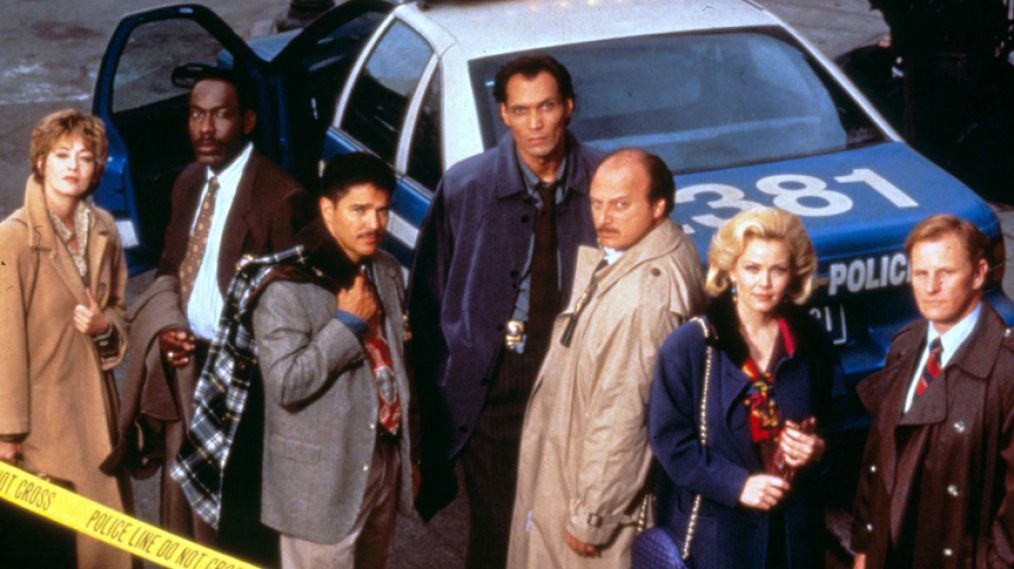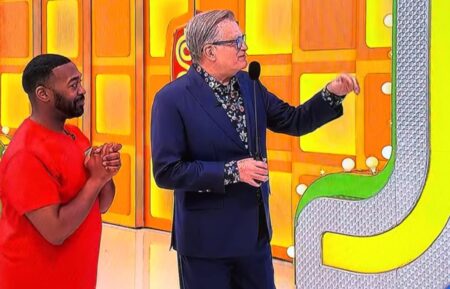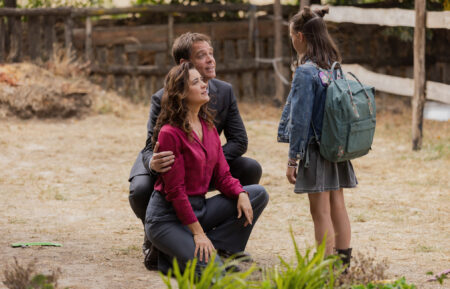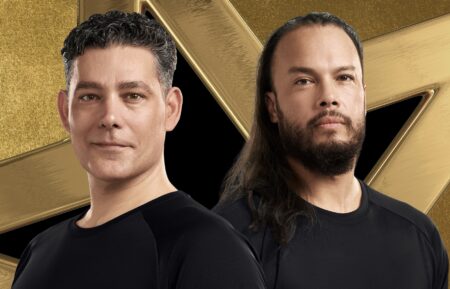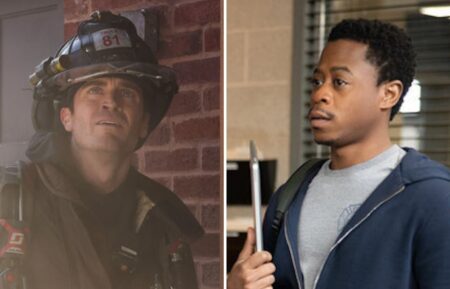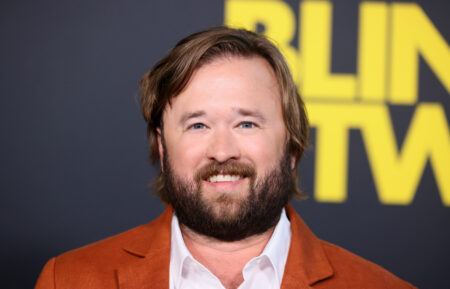Why Theme Songs Rock — David Bianculli Looks Back at the Best TV Openers
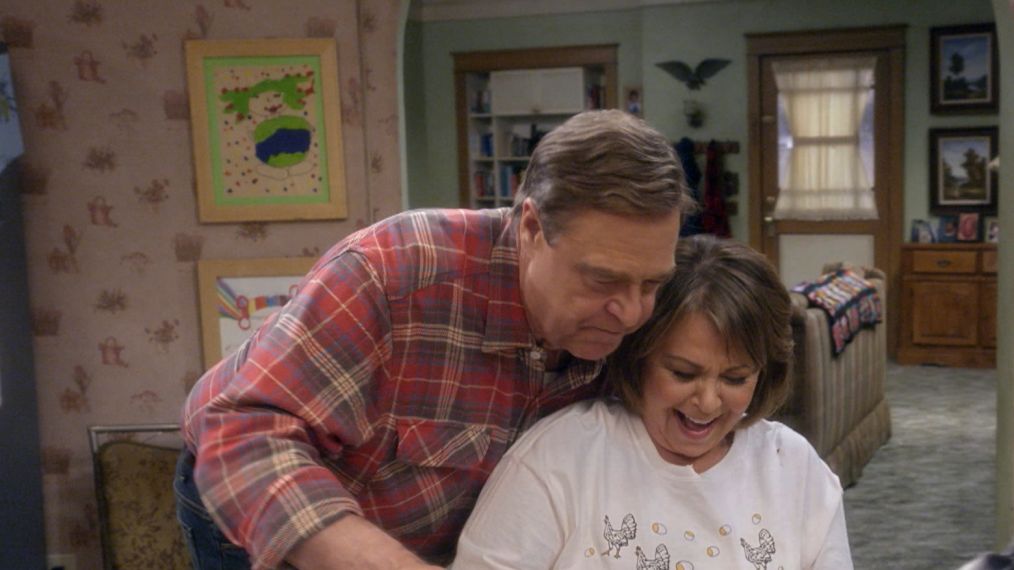
ABC’s Roseanne revival didn’t just bring back the hit sitcom — it also revived the theme song, that once ubiquitous, now endangered opening credits sequence that serves as a scene-setter for a series. In recent years, networks and streaming services have discouraged theme songs because execs fear viewers’ shortened attention spans and want them to be able to binge-watch more efficiently. (Take, for example, the opener of Lost, which was one elongated note.)
But I think that’s a shortsighted, wrong-headed approach. When properly written and presented, such songs don’t just identify a show, they set the mood, connect with the audience and propel the series.
The Roseanne opening (mirroring that of the original) concludes with a newly recorded laugh from Roseanne Barr punctuating a casual, raucous family dinner scene. Despite the bickering that goes on in each episode, this setup conveys that the Conners obviously love one another — the same wordless message once expressed by the whistling theme to The Andy Griffith Show, as Andy and son Opie ambled their way to the local Mayberry fishing hole.
Then there are the songs that express deep emotion with lyrics. Every episode of All in the Family began with Archie and Edith Bunker (Carroll O’Connor and Jean Stapleton) at the piano singing the full-throated duet “Those Were the Days.” They radiate love. No matter how many times Archie calls Edith a dingbat or yells at her to stifle it, that opening number somehow makes it all more genial.
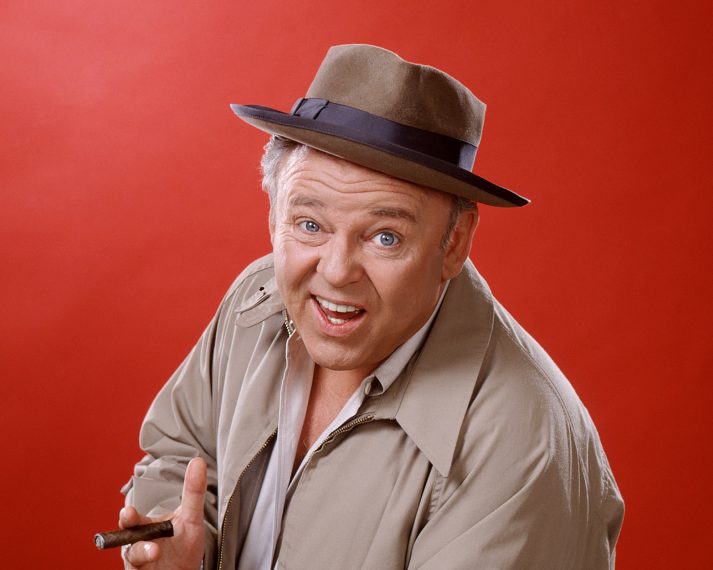
All in the Family.
Another approach is the explanatory version, which lays out a show’s premise. Producer Sherwood Schwartz was a famous proponent of this practice, as evidenced by his earworm theme songs for Gilligan’s Island and The Brady Bunch. Also, think of the stories told by the openers to The Beverly Hillbillies and Green Acres, and you may realize how impossible those lyrics are to forget.
The sarcastic self-awareness to the It’s Garry Shandling’s Show opening perfectly reflects the comedy’s breaking-the-fourth-wall radicalism (“This is the theme to Garry’s show…”). And the tune to The Addams Family not only establishes the charming oddity of this particular clan, but invites viewers to finger-snap along.
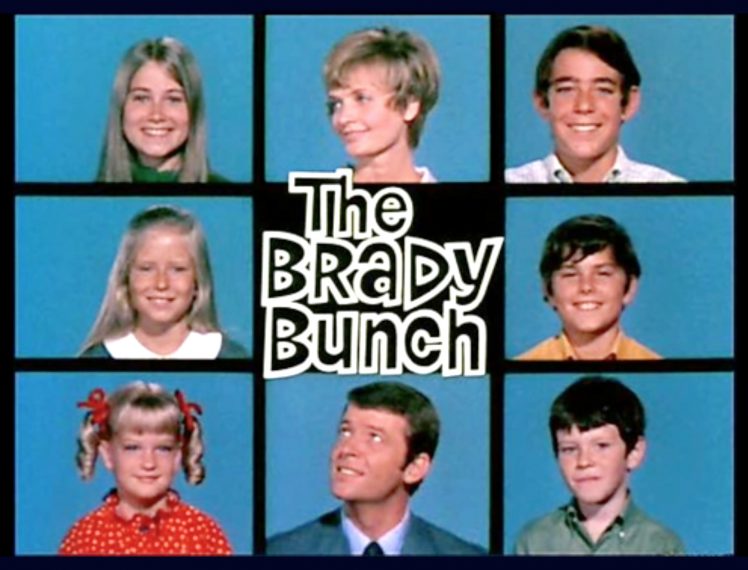
The Brady Bunch.
Instrumental themes can also be quite evocative: the thrilling lit-fuse, fast-cut images of Mission: Impossible, the incongruously soothing melodies of Hill Street Blues and St. Elsewhere, the dreamy eeriness of Twin Peaks. Don’t forget the chamber-of-commerce tropical images accompanying the exciting rhythms of the themes to Hawaii Five-0 and Miami Vice, which became major radio hits.
Today’s theme songs rarely have lyrics — The Big Bang Theory’s fast-paced tour of evolution by the Barenaked Ladies is a delightful exception — but the best instrumentals still convey the proper mood. Think of the impending dread of The Walking Dead, the political tension of Homeland and The Americans, the player piano as mechanical metaphor on Westworld.
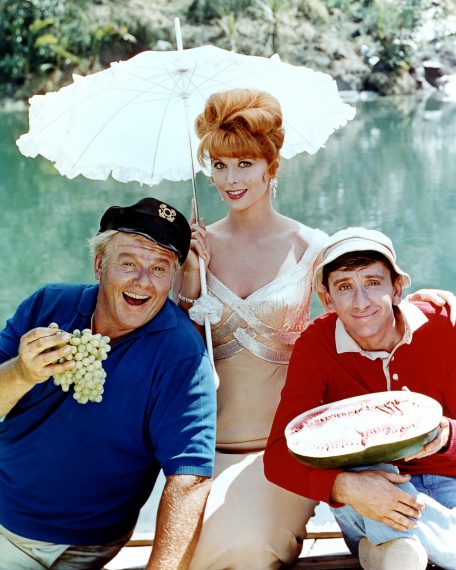
Gilligan’s Island.
If there’s one theme song more famous and more important than any other, it’s The Twilight Zone. The opening notes, repeated in any conversation, serve as a shorthand for strange. “Twilight Zone never really goes away,” TV music historian Jon Burlingame tells TV Guide Magazine. “It continues to have a presence on TV, and even the millennials know it as well as anything.” Writer-director Jordan Peele is working on a reboot of the sci-fi anthology series for CBS All Access, and including the original opening sequence would be a foregone conclusion. Next stop…the Twilight Zone!
David Bianculli is a TV and film professor at Rowan University, New Jersey, and appears as a critic and guest host on NPR’s Fresh Air With Terry Gross.

